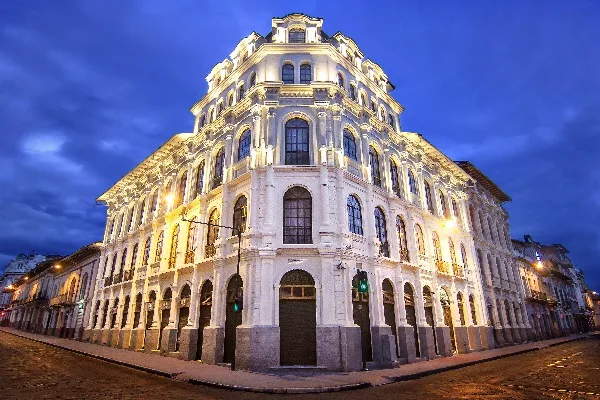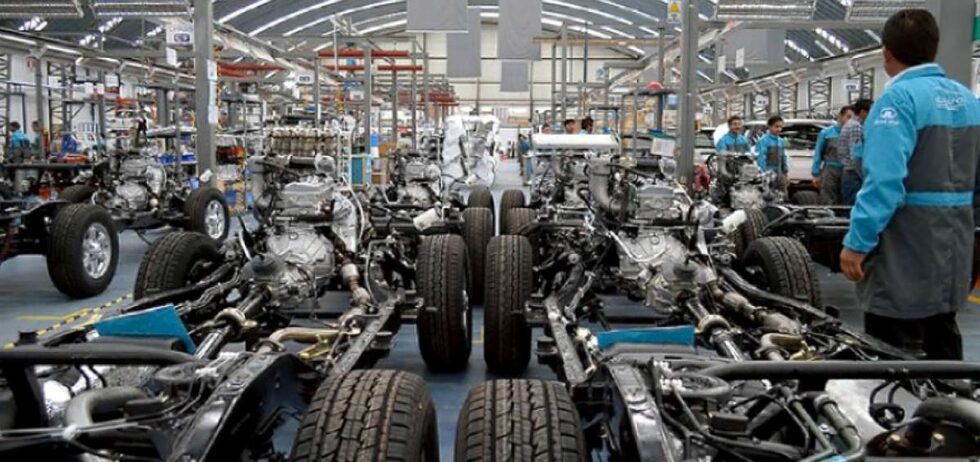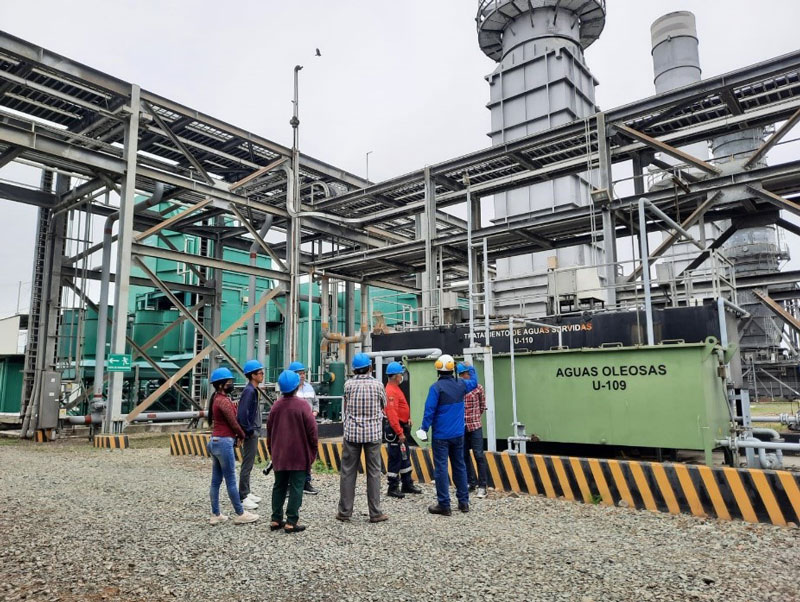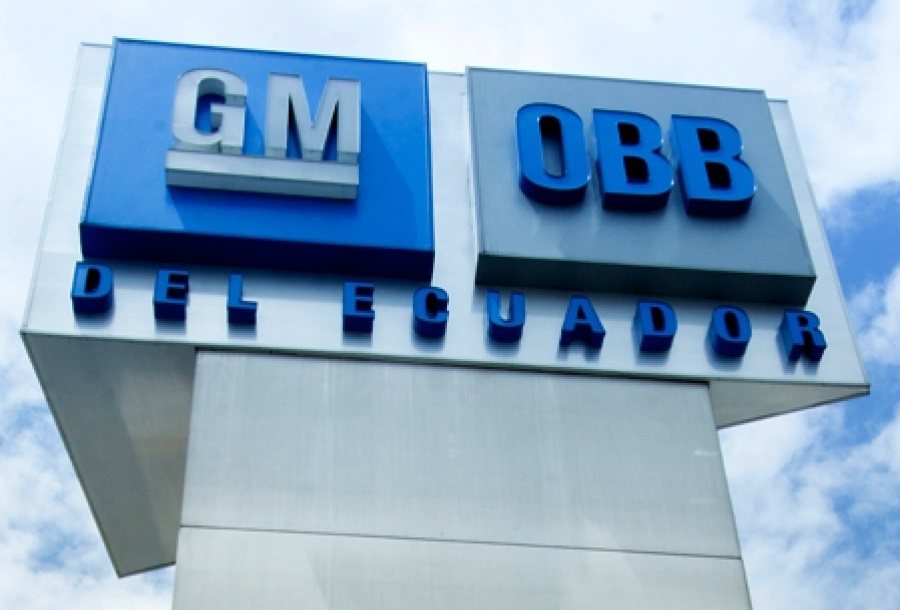Chocolate could disappear within 50 years as climate change kills off cacao trees, including Ecuador’s
Unless scientists are able to save it through gene-editing mechanisms, chocolate could go the way of the horse and buggy by 2050.

Cacao seeds are the source of refined chocolate.
The persnickety cacao plant contains seeds that are the vital ingredient in chocolate. But the plant only grows in narrow bands of land in the rainforest near the equator, where the weather stays relatively wet and humid the whole year. Areas of particular concern are in Ecuador, which according to various surveys produces the world’s highest quality chocolate.
Climate change is projected to alter this habitat so drastically in the next 40 years that cacao won’t grow there, according to a report by Business Insider. It might be possible for cacao to grow on steep mountains, but many of those areas are protected as wildlife refuges against agriculture.
Barring the slowing down or reversing of climate change, how can we directly help chocolate withstand it? Perhaps a collaboration between Mars, the world’s top candy company according to CandyIndustry.com, and scientists in the rapidly-advancing field of genetic engineering, can help.
Mars pledged $1 billion to an effort to reduce its carbon footprint, and part of that is going to a lab at UC Berkeley’s biosciences building. The director of plant genomics, Myeong-Je Cho, hosts cacao seedlings there, where he will attempt to engineer them to survive different climates. His team will use the revolutionary, emerging genetic engineering technology called CRISPR-Cas9.
CRISPR-Cas9 works by finding pieces of DNA, snipping it out, and replacing it with altered DNA. Potentially, it could be used to alter plants and animals to better suit our needs, or to edit humans embryos themselves. The research of Jennifer Doudna, who works at UC Berkeley, was important to the creation of the gene-editing technology (but a heated legal battle concluded that the patent belonged to the Broad Institute of Harvard and MIT.) Doudna will be working on the chocolate-preservation project as well.
Between Cho, Doudna, and Mars’ immense corporate funding, they intend to isolate genes that make the cacao plant so fragile and to replace them with more formidable genes, specifically ones that can withstand the changing climate that they will soon experience.
___________________
Credit: Newsweek


















